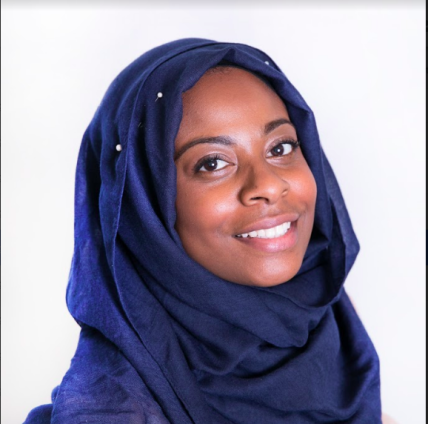‘I was reminded of the importance of representation.’

Yasmine Ali (MPA-PNP 2018)
Many cities around the United States—including New York—saw an increase in hate crimes and bias-related incidents during the 2016 presidential election cycle. Through the Islamic Center at NYU, I worked with the staff at the City Commission on Human Rights (CCHR) to develop and implement trainings and workshops on the basics of Islam, the Muslim experience in NYC, and the rise of Islamophobia. We first rolled out the trainings to smaller city entities, like borough district attorney offices, before introducing them to larger groups, including the Department of Corrections, the NYPD, and the Department of Education.
During the development stages of the trainings, we experienced a great deal of political challenges surrounding what we could and couldn’t include in the trainings, especially when it came to using concrete examples of politicians’ rhetoric. This was personally challenging because I felt a responsibility to the truth, and I felt that by leaving certain content out of the training materials, I was not telling the full story.
I had to constantly remind myself why I was doing this work and the importance of our message. And in the end, my team came together, and we were were able to find creative ways to truthfully represent the data and show examples of rhetoric without mentioning specific politicians’ names.
Through this work, I was reminded of the importance of representation. There was a great deal of red tape surrounding the content and presentation of the trainings, but once we were in the room and running the trainings, things changed. I think people were genuinely excited to learn about Islam and the rise of Islamophobia from a visibly Muslim woman. Having a hijabi present offered authenticity and legitimacy to the training. The presentation offered attendees the opportunity to ask me questions and interact with me on a personal level. Learning about the Muslim experience from someone who looks likes me softened attitudes and made attendees more open to our message.